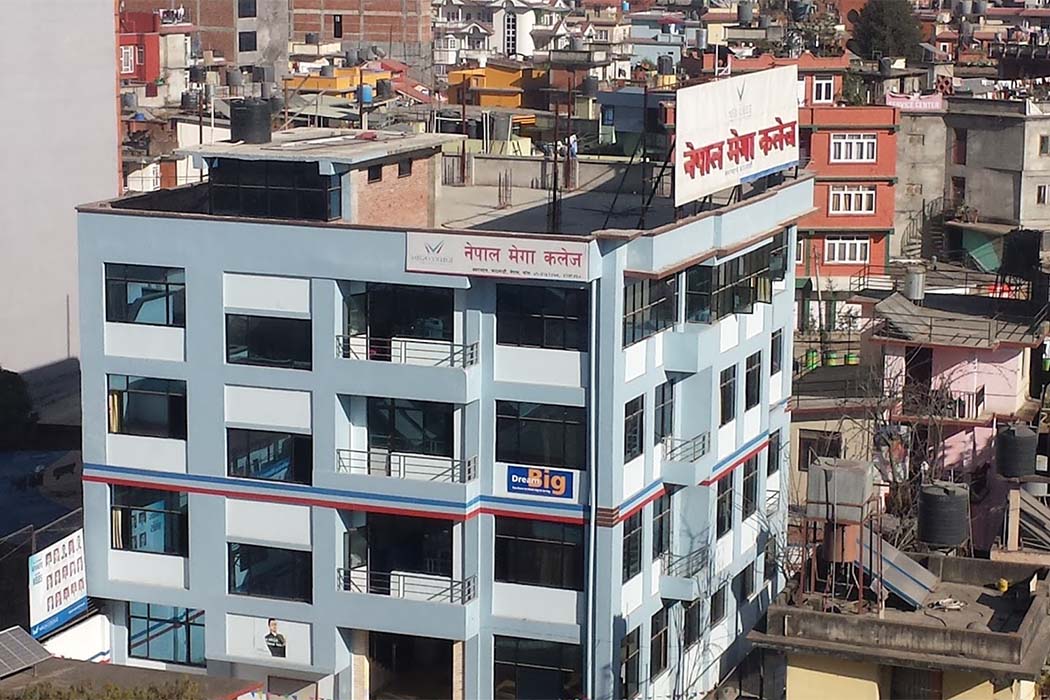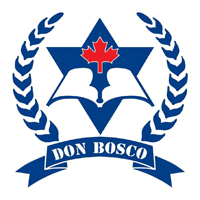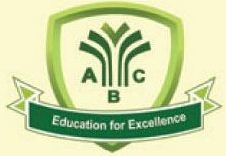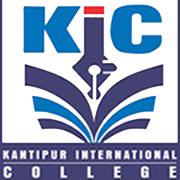Overview
Master of Business Administration (MBA) at Nepal Mega College
MBA at Nepal Mega College operates under Rajarshi Janak University (RJU). The MBA Nepal Mega College RJU pathway spans two years across four semesters and blends managerial economics, accounting and finance, marketing, operations, research methods, strategic management, and a project or thesis. Your progress depends on internal milestones and university examinations.

Overview
MBA sharpens analytical judgment, communication, and team leadership for Nepal’s corporate and development settings. Students engage with numbers and cases, prepare briefs, and defend recommendations. Teaching follows the university plan for contact hours, evaluation weightage, and graduation requirements.
Highlights
-
Affiliation: Rajarshi Janak University (RJU)
-
Duration: 2 years, 4 semesters
-
Structure: Core courses, specialization/electives, internship, project/thesis
-
Assessment: Internal work and end-semester exams with viva where applicable
-
Location: Babarmahal, Kathmandu
Curriculum Details
Semesters include Managerial Economics, Organizational Behavior, Accounting for Managers, Financial Management, Marketing Management, Operations & Supply Basics, and Business Research Methods. Students learn Business Analytics basics for decision support, Corporate Governance & Ethics, and Strategic Management.
Electives allow a focus on Finance, Marketing, Human Resource, or General Management as available to the cohort. An internship links students to host organizations. The final stage includes a project or thesis with proposal defense, data work, report writing, and viva.
Objectives
-
Build decision skills for finance, marketing, and operations tasks.
-
Encourage evidence-based writing and clear presentation under time limits.
-
Improve supervisory habits, meeting conduct, and documentation discipline.
-
Prepare students for analyst and officer roles across sectors in Nepal.
Scope
MBA graduates compete for corporate roles, bank officer tracks, and project coordination in agencies. Some candidates move toward consulting assignments or small-business leadership. A share of graduates explore MPhil or targeted certifications after gaining experience.
Learning Outcomes
-
Interpret financial statements, budgets, and variance notes for planning and control.
-
Use data summaries and models for market or operational choices.
-
Prepare concise briefs, slide decks, and meeting notes.
-
Lead small teams on semester assignments and project tasks.
-
Follow ethical standards in disclosure, procurement, and reporting.
Skill Development Modules
-
Quantitative Tools: Spreadsheet models for NPV/IRR sketches, sensitivity checks, regression basics.
-
Research Practice: Proposal writing, sampling, instrument design, analysis, and referencing.
-
Presentation: Executive summaries, board-style decks, and structured Q&A practice.
-
Strategy Clinics: Case rooms for positioning, resource choices, and risk notes.
Teaching Methodology
-
Class & Seminar: Cases, problem sets, and guided discussions.
-
Internal Work: Unit tests, policy or industry briefs, presentations, and project checkpoints.
-
Supervision: Faculty guidance for internship and project/thesis stages.
-
Exam Prep: Review sessions that mirror university papers and viva rounds.
Admission Requirements
-
Eligibility: Bachelor’s degree from a recognized institution meeting RJU rules.
-
Selection: University/college admission notice; entrance test, interview, and merit list as announced.
-
Documents: Bachelor’s transcripts, character certificate, recent photos, ID copies.
-
Timeline: Application window, test/interview date, and enrollment schedule released each intake.
Career Opportunities
-
Banking & Finance: Credit analysis support, branch operations, compliance, treasury assistance.
-
Corporate Roles: Product/brand coordination, channel and key-account support, HR and admin supervision.
-
Projects & Agencies: Monitoring and evaluation support, grants documentation, partner liaison.
-
Next Steps: MPhil, niche certifications, or entrepreneurship based on goals.
Scholarships and Financial Aid
-
Categories: Merit or criteria-based options at admission.
-
Process: Submit forms and evidence within the window; follow renewal rules.
-
Advisory: Track seat availability, deadlines, and semester conditions each year.
Why Choose This Course?
-
Structured plan: Clear semesters with internal milestones.
-
Practical orientation: Numbers, cases, internships, and defended reports.
-
Leadership focus: Meeting conduct, team coordination, and written clarity.
-
Growth paths: Corporate roles, banking officer tracks, project assignments, and MPhil options.
Conclusion
MBA at Nepal Mega College follows RJU’s framework and assessment. Students develop analytical, writing, and coordination skills through cases, projects, and viva. The program supports career movement into corporate, banking, and development roles while opening avenues for advanced study.
FAQ
Is MBA semester-based?
Yes. Two years across four semesters.
Is there an entrance test or interview?
Admission follows RJU or campus notices. A test and interview may apply.
Do students complete a project or thesis?
Yes. A supervised project or thesis with proposal, data work, and viva.
Can working professionals apply?
Yes, subject to meeting eligibility and schedule requirements.
What documents are required?
Bachelor’s transcripts, character certificate, photos, and ID copies; check the current notice for the full list.























